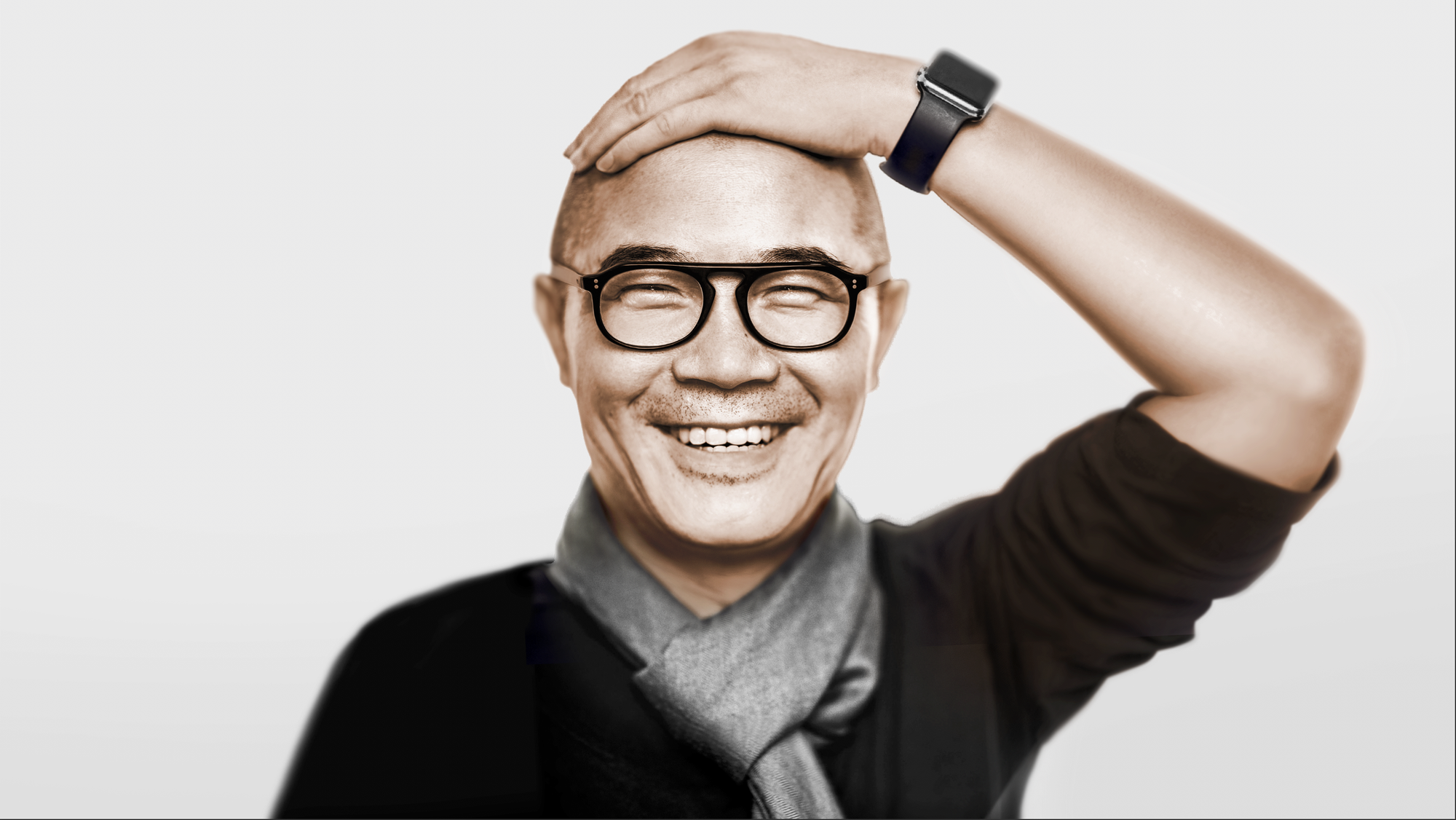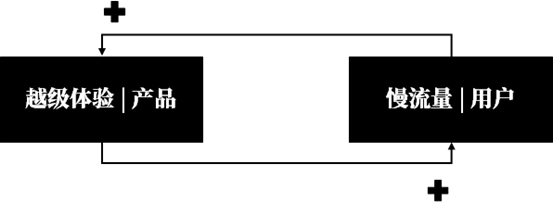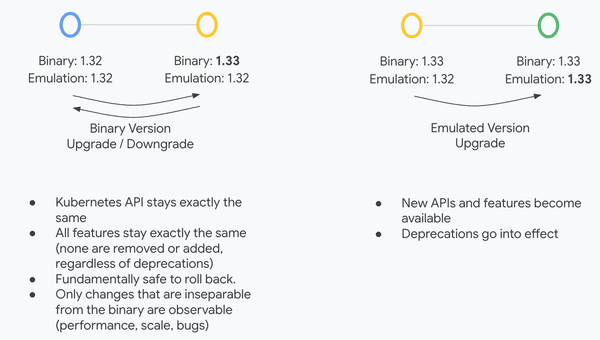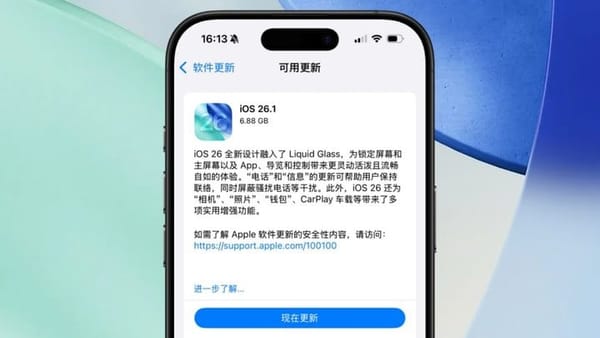China's Hotel Industry Is Like Five Baskets of Fruit

First Published: March 2021

We are revisiting a reader favorite:
Exclusive Interview with Ji Qi: China’s Hotel Industry is Like Five Baskets of Fruit
We hope it brings you fresh insights.
---
The Visit to Huazhu Group
In March 2021, I brought over 20 entrepreneurs from “Wendao China” to meet the Huazhu Group.
Huazhu may be unfamiliar to some, but you'll likely know its brands:
Hanting, Ji Hotel, Hi Inn, Orange Crystal, Floral Hotel, Starway — among many others.
Huazhu at a glance:
- 23+ hotel brands
- 6,700+ hotels
- 650,000+ rooms
- 3rd largest hotel group by market value worldwide (behind Marriott & Hilton)
At the center of this empire is Ji Qi — founder, serial entrepreneur, and creator of three Nasdaq-listed companies (Trip.com, Home Inn, Huazhu) and four IPO bell ringings.

If success strikes once, it may be luck. Twice — deep thinking. Three times — philosophy.
That day, after two hours with Ji Qi, I came away with three powerful takeaways.
---
Insight #1 — Leapfrog Experiences


How you run a business depends on how you see your industry.
Ji Qi famously likens China’s hotel industry to five baskets of fruit.
Hotels in China are categorized by star ratings, each “basket” containing specific features — regardless of whether guests value them.
Example differences:
- 3 Star: Bellhops, 16-channel color TV, mini-fridges in 70% of rooms
- 4 Star: Grand lobby, parking lot, shoe-polishing service, rooms over 20 m²
- 5 Star: Premium carpets, full-length mirrors, banquet halls, dual kitchens
The problem? Rigid bundles force guests to pay for unwanted features, rather than focusing on their core need — a good night’s sleep.
---
Ji Qi’s Strategy:
Remove unnecessary frills (“durians and mangosteens”)
Refocus entirely on the “grapes” — sleep quality.
For a 3-star budget:
- Skip overpriced dining
- Skip lavish lobbies
- Invest the budget into 4-star-level bed, hygiene, and quietness
This thinking birthed Hanting:
4-star sleep at a 3-star price. Founded in 2005, public in 2010, now with 2,600+ locations.
Key takeaway:
> Exceed expectations by delivering tier-jump experiences. Customers crave more for less — from flying first class at economy prices to sleeping 4-star quality on a 3-star budget.
---
Insight #2 — Slow Traffic


In 2012, Hanting shocked the industry by offering Free Wi-Fi — then a profit center for most hotels — in exchange for Huazhu Club membership.
Ji Qi’s vision:
Build slow traffic — loyal customers via direct relationships — instead of relying entirely on fast traffic (OTAs and tour operators).
Why slow traffic matters:
- OTA commission: 15%–25% of room rate
- Hotel margin: 8%–12%
- OTA earns twice the profit hotels make per booking
- Membership program reduces dependency and costs
---
Slow traffic initiatives:
- Points monetization: 1 CNY spent = 1 point; 100 points = 1 CNY redeemable
- Shared power banks: Free for members, but non-members must join first
Huazhu's results:
- 170M Huazhu Club members
- Direct bookings: 85% of sales
- Active members stay 6 nights/year vs. OTA guests 1.1 nights/year
---
Insight #3 — Scale & Efficiency


Huazhu's growth loop:
- Deliver higher-than-expected products
- Grow slow traffic membership
- Leverage efficiency to scale
---
Three Core Efficiency Metrics
- Staff-to-room ratio
- Industry average ≈ 0.25 (25 staff/100 rooms)
- Huazhu reduced to 0.17 and still improving
- AI assistant “Hua Xiaoer” saves 25%-26% work hours daily
- Occupancy rate
- 2019 average: 84.4%
- Ambition: Reach 90%+
- Methods: Faster room cleaning via optimized routes and training, dynamic promotions after 8 PM
- RevPAR — Revenue per Available Room
- “Huazhu Super Brain” algorithm automates 58% of price adjustments
- Small gains per room-night scale to billions annually
---
Daily efficiencies matter:
- Toilet paper delivery optimization → save ¥0.07 per roll
- Supply negotiations safeguard margins — even if risky
Peter Drucker on management:
> “Lower costs and improve efficiency.”
---
The Growth Flywheel
More customers → more hotels → more customers — a reinforcing cycle.
Current scale:
- 6,700+ hotels
- 650,000+ rooms
- Goal: 10,000–30,000 hotels worldwide

---
Final Reflections

Ji Qi, an engineering graduate from Shanghai Jiaotong University, sees hotels as systems with underlying rules.
He quoted Schumpeter:
> “The essence of business is not to provide more stockings for the queen, but to enable the women working in factories to also wear stockings.”
As consultants, we must go beyond theory — into the field, facing real challenges and learning from battle-tested leaders.
---
Key Lessons for Entrepreneurs
- Focus on the core customer need
- Deliver tier-jump experiences
- Build slow traffic for sustainable growth
- Relentlessly optimize efficiency
- Scale through reinforced loops
---
In today’s digital era, these lessons resonate beyond hospitality. Creators can apply them to content-driven businesses — owning their “audience well” instead of renting traffic. Tools like AiToEarn官网 offer open-source AI content generation, cross-platform publishing, and analytics — enabling creators to build loyal audiences (slow traffic) and monetize across Douyin, Kwai, WeChat, Bilibili, Xiaohongshu, Facebook, Instagram, LinkedIn, Threads, YouTube, Pinterest, X/Twitter.
---
If you’d like, I can create a compact “Executive Summary Table” capturing Ji Qi’s strategies, metrics, and results in a single visual for easier recall. Would you like me to do that?




